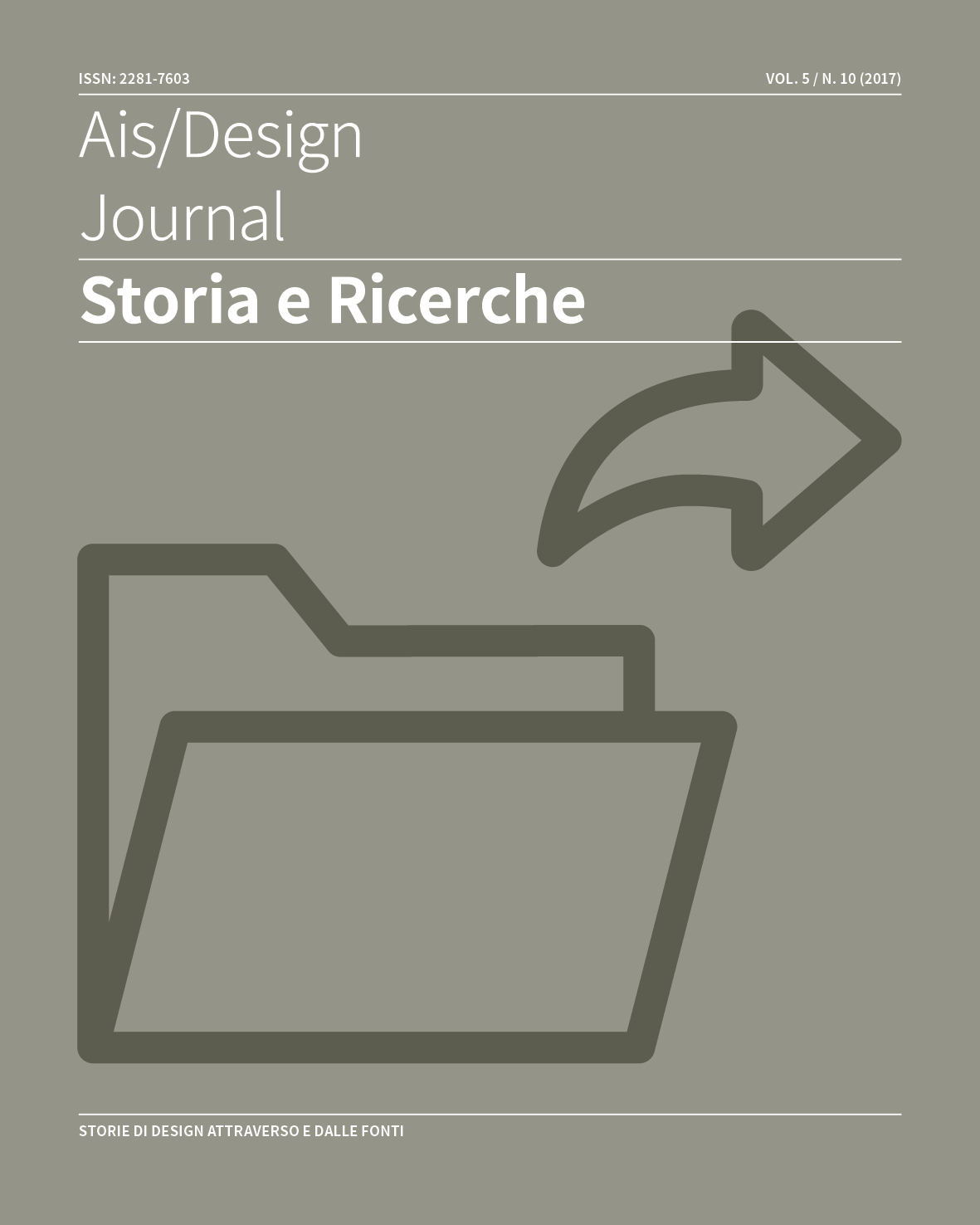Traces of Peter Muller-Munk Associates in the History of Industrial Design in Turkey
Abstract
This article is based on a wider research study on the handicraft development programme conceived by Peter Muller-Munk Associates in the second half of the 1950s in Turkey. The aim is to document the progress and outcomes of the programme and to reveal the archival research practices involved in the research. To this end, records of major governmental and professional U.S. institutions, located in the National Archives and Records Administration at College Park (Maryland) and Special Collections Research Center at Syracuse University Libraries, are analysed to elucidate the context within which the project took place, as well as its preliminary preparations, project proposals, work plans, problems and termination. The article concludes by discussing the relevance of the findings to the broader study of the advancement of industrial design in developing countries.
Copyright (c) 2017 Bahar Emgin

This work is licensed under a Creative Commons Attribution-NonCommercial-NoDerivatives 4.0 International License.
Creative Commons NonCommercial-NoDerivates 4.0 international License (CC BY-NC-ND 4.0).


